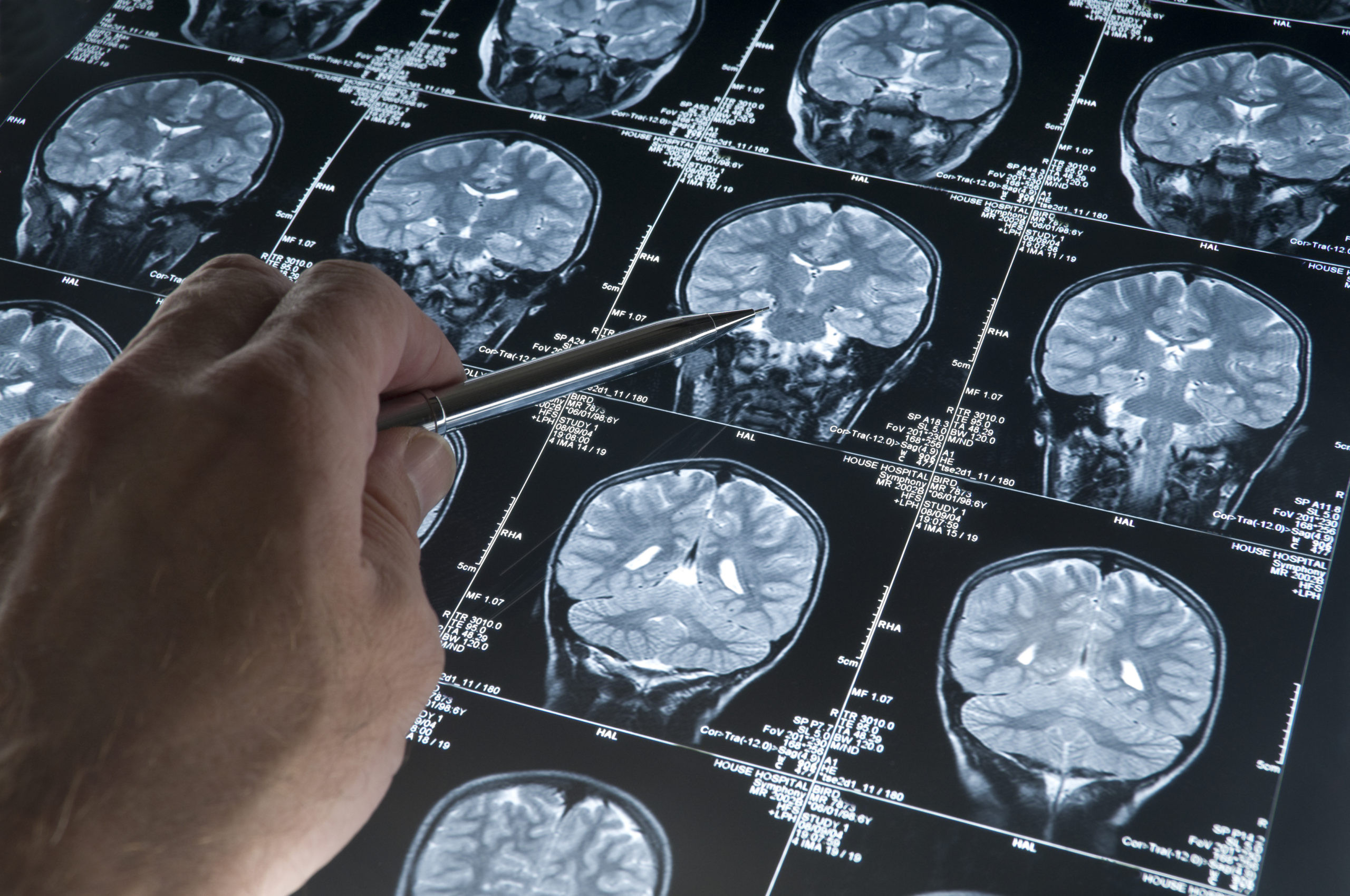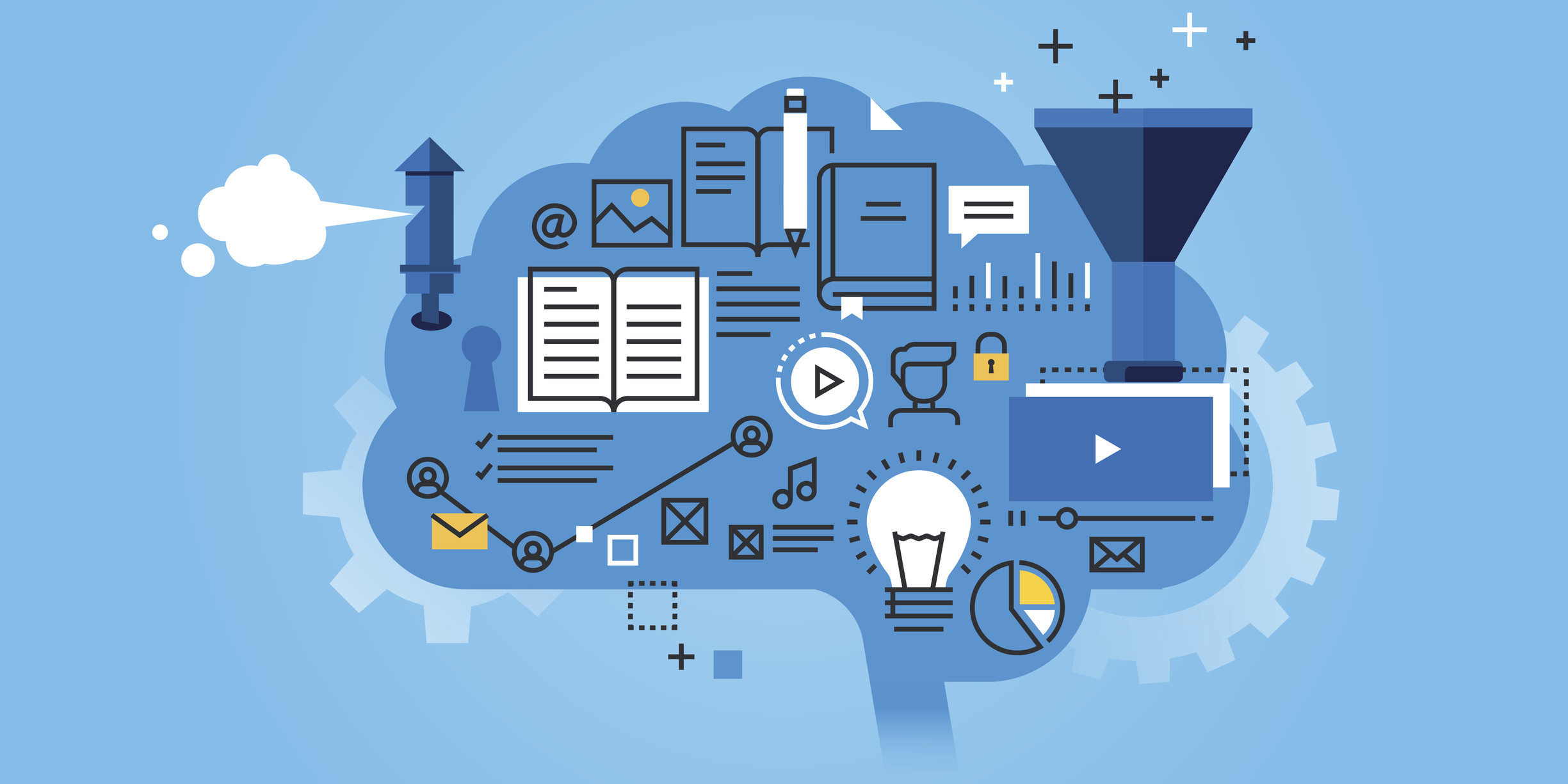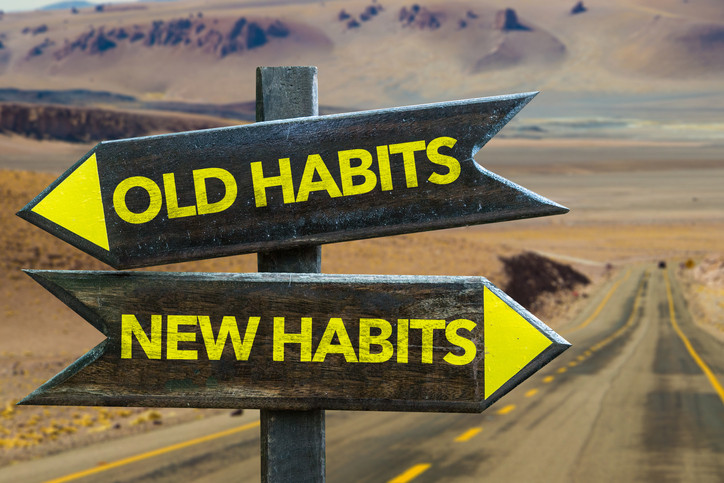
5 timeless habits for better health

What are the symptoms of prostate cancer?

Is your breakfast cereal healthy?

When pain signals an emergency: Symptoms you should never ignore

Does exercise give you energy?

Acupuncture for pain relief: How it works and what to expect

How to avoid jet lag: Tips for staying alert when you travel

Biofeedback therapy: How it works and how it can help relieve pain

Best vitamins and minerals for energy

Should you take probiotics with antibiotics?
Medical Research Archive
Articles
Can we slow the aging process?
Scientists are beginning to understand the natural biological processes that control aging, and they have made exciting discoveries about tinkering with the process. For example, they've been able to make aged cells act like brand-new cells in lab experiments; they've figured out how to make worms live five times as long as they normally would; and they've been able to keep mice from becoming obese and from developing diabetes, kidney failure, and heart failure.
Can some postmenopausal women with breast cancer skip chemotherapy?
Advances in breast cancer research have led to more personalized treatments, based on subtyping and more sophisticated testing. A risk assessment test can predict that some women do not need chemotherapy but will benefit from hormone therapy, and who might benefit more from both treatments.
A new Alzheimer’s drug: From advisory panel to FDA — what’s at stake here?
The FDA is in the process of deciding whether to approve a new drug to treat Alzheimer’s. Two large clinical trials produced contradictory results, but other factors will affect the decision, including cost, incidence of side effects, the drug’s effectiveness, and more.
As the pandemic drags on, when can we get back to work?
As the coronavirus pandemic stretches on, many people wonder when they can go back to their workplaces. The answers may depend on where a person lives and works, findings from antibody tests, and other factors.
Why medical research keeps changing its mind
Getting sleep in the hospital
There are many things about hospital routines that make it difficult for patients to sleep well. If you find yourself hospitalized, there are things you can do to improve the chances that you will get a better night’s sleep.
Your risk of dementia: Do lifestyle and genetics matter?
Clinical trials for drugs to stop or slow the progression of dementia have not been successful. A recent study attempted to determine how much influence, if any, genetic and lifestyle factors may have on the development of dementia.
Brain-based devices: How well do they work?
Brain-based devices claim to offer all kinds of enhancements and improvements, but how can consumers interested in such a device separate legitimate science from mere hype?

5 timeless habits for better health

What are the symptoms of prostate cancer?

Is your breakfast cereal healthy?

When pain signals an emergency: Symptoms you should never ignore

Does exercise give you energy?

Acupuncture for pain relief: How it works and what to expect

How to avoid jet lag: Tips for staying alert when you travel

Biofeedback therapy: How it works and how it can help relieve pain

Best vitamins and minerals for energy

Should you take probiotics with antibiotics?
Free Healthbeat Signup
Get the latest in health news delivered to your inbox!
Sign Up











